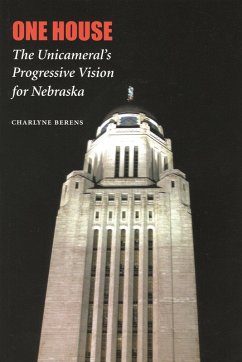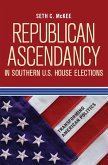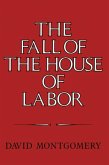When Nebraskans voted to trade in their bicameral, partisan legislature for a one-house, nonpartisan body in 1934, it was a revolutionary decision. The people of the state listened to George Norris, their U.S. senator, when he argued that the new institution would be more open, more efficient, more responsible, and more responsive to the people it was meant to serve. An ardent progressive, Norris convinced his fellow Nebraskans that a nonpartisan unicameral would take power from the elites and return it to "e;the people."e; One House examines the magnetic and driven personalities at work behind the unicameral's creation and chronicles the lawmakers' struggles to remain true to the populist, progressive vision of its founders and the people of Nebraska. Using historical research, surveys of Nebraskans and of current and former state senators, as well as in-depth interviews with senators and legislative observers, Charlyne Berens examines whether the promises that Norris and his fellow unicameral promoters made have held up over the years. Garnering a great deal of support and some criticism from the citizens of Nebraska, the one-house legislature remains a unique experiment in American democracy as well as a powerful symbol of Nebraskans' identity.
Dieser Download kann aus rechtlichen Gründen nur mit Rechnungsadresse in A, B, BG, CY, CZ, D, DK, EW, E, FIN, F, GR, HR, H, IRL, I, LT, L, LR, M, NL, PL, P, R, S, SLO, SK ausgeliefert werden.









